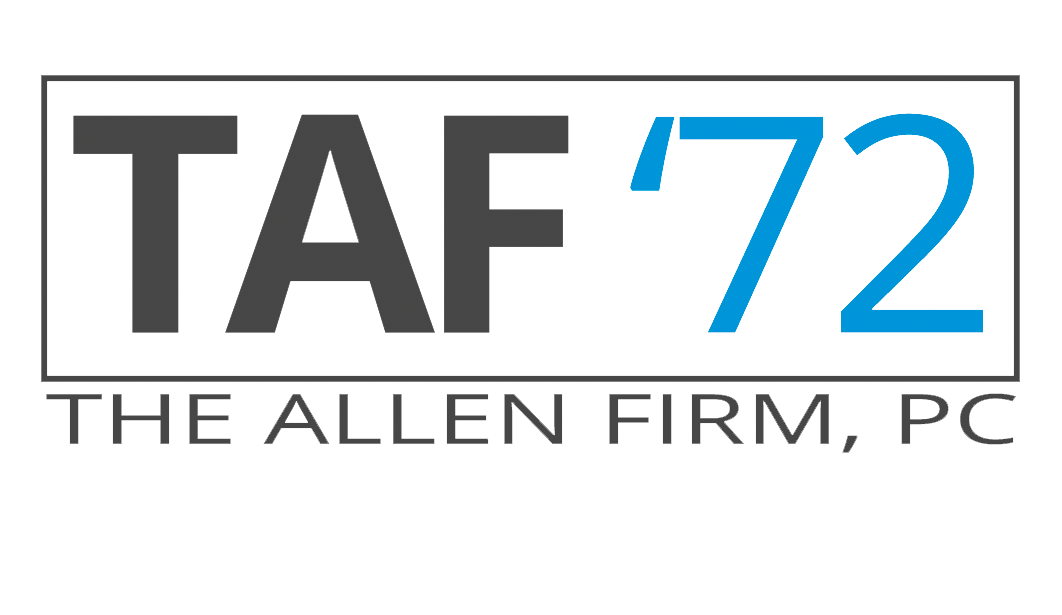The decision about who would take your minor child if you were to die is an important but daunting idea. Who would take care of them? How would you provide for them? When is an appropriate time for your minor child to receive any assets you may have? These are all questions that may be answered with a guardian, will, or trust.
What is a guardian?
A guardian is the person who would take care of your minor child upon your death. Under Texas law, that means the person would be appointed over any other person. However, if your appointed guardian was disqualified or a court thought the person would not serve in your child’s best interest, a court can appoint someone else as a guardian. You can appoint a guardian in your will, but you can also say you don’t want certain people to be a guardian to your child.
Naturally, the guardian of any minor children is your spouse. If you don’t live with your child’s other parent, the court will decide which parent is the guardian for the best interest of the child. The surviving parent would also naturally be appointed the guardian of the child unless the court deemed otherwise.
What is an executor?
An executor is the person who will make sure the contents of your will are followed correctly. That person has a legal responsibility that makes them personally liable if the will is not followed correctly. Most people appoint a family member to do this. You can name alternative executors in your will. It’s best to keep in mind that sometimes following the wishes of the deceased can lead to messy family complications. Try to pick someone who you think will be able to handle that pressure.
Wills v. Trusts
A will is a document that says what happens to your things when you die. It can also say who the guardian of your child should be. A trust, on the other hand, can say what happens to your money and other assets both now and in the future. So, if you want to leave your money to your minor child, you may want to set up a trust to take place upon your death. This makes sure that your minor child, as responsible as they may be, has some sort of guiding hand before they have access to any funds you leave behind. Trusts can also be set up while you’re alive to give funds to your child when they reach a certain age or upon completion of certain milestones.
A word of caution
You should also know that in the event your will or trust is inconsistent or your intent can’t be determined, it will be up to the court to decide what you wanted or what is in the best interest of your child. So, for example, if you say you want your child to have your car but you have two cars, that means the court must decide which car you wanted them to have. That can lead to a messy and expensive process. You should make sure you clearly draft a will that has all your intentions correct and is in the simplest terms possible. While you can technically draft a will on your own, it is not a good idea, especially when dealing with minor children. An experienced attorney should help you to make sure you satisfy both your needs and wants as well as the legal requirements from the state.
The Takeaway
A guardian is the person who would take care of your minor child if you were pass away. An executor is the person who makes sure your will is complied with. A trust can be used as a safeguard for your minor child receiving your assets. Be sure to use an experienced attorney when drafting any of these documents as litigation can be expensive and tedious.
The Allen Firm, PC
181 S. Graham Street | Stephenville, Texas 76401
Ph: 254.965.3185 | Fax: 254.965.6539
The Allen Firm, PC is composed of a team of attorneys located in Stephenville, Texas. Our mission is to improve people’s lives by providing reliable and practical help with their legal matters while operating under our values of honoring people, operating with integrity and striving for excellence. We offer help in forming businesses or companies, estate planning, lawsuits, real estate, probate, oil and gas, collections, agriculture, bankruptcy, family law, and accident and injuries.

